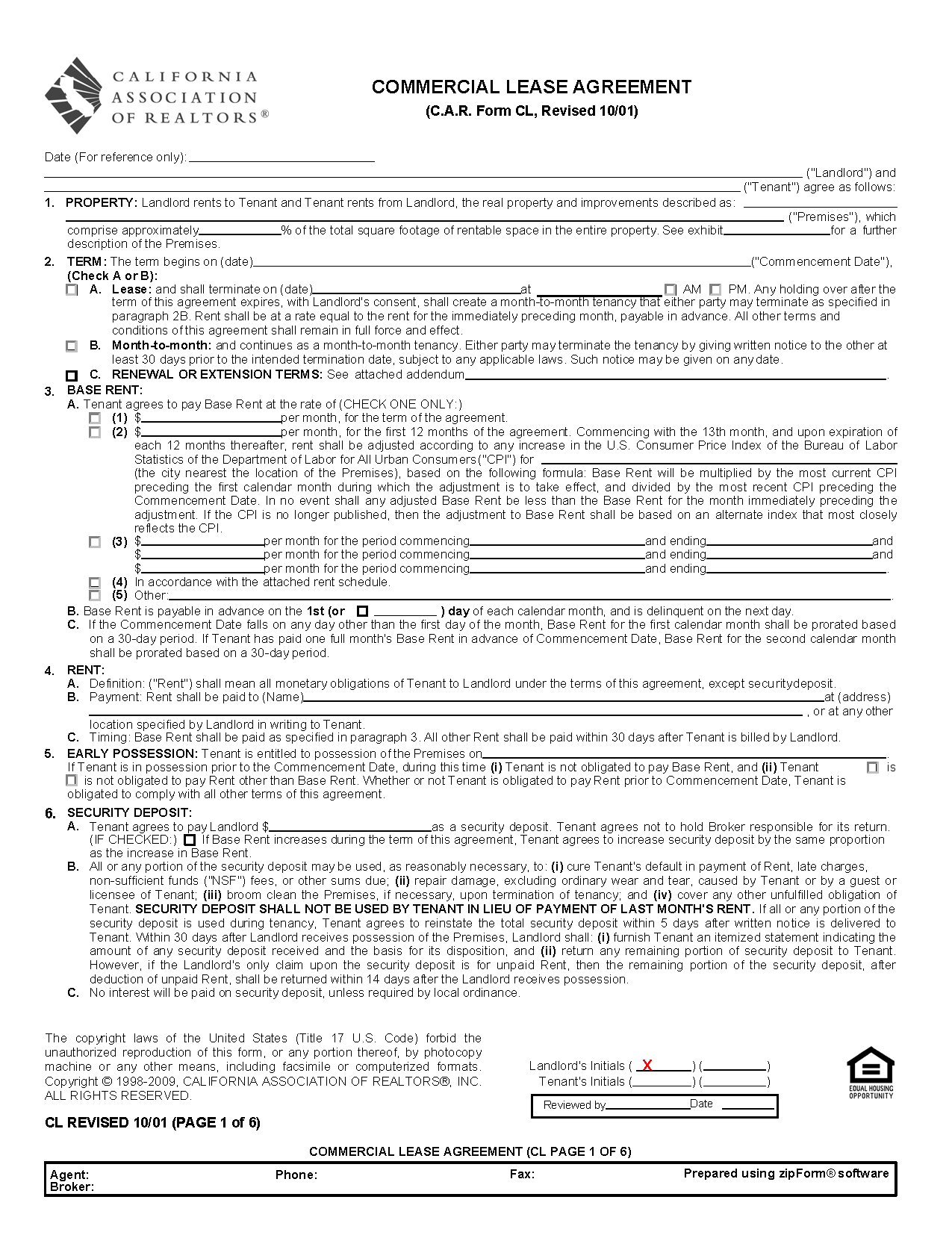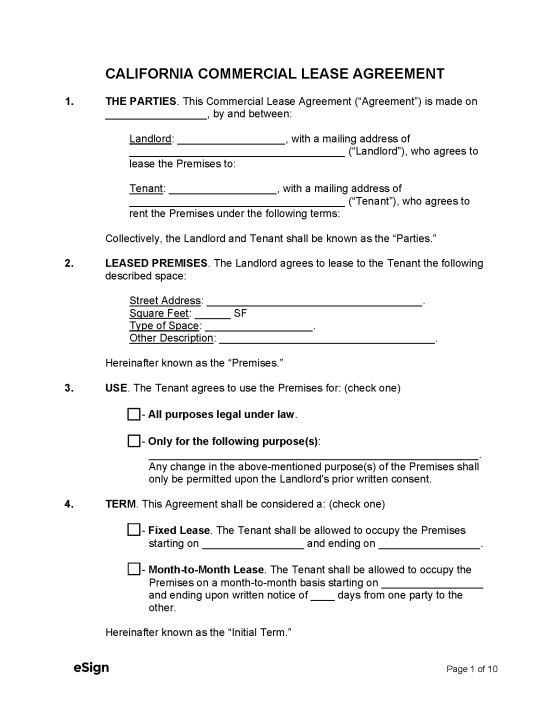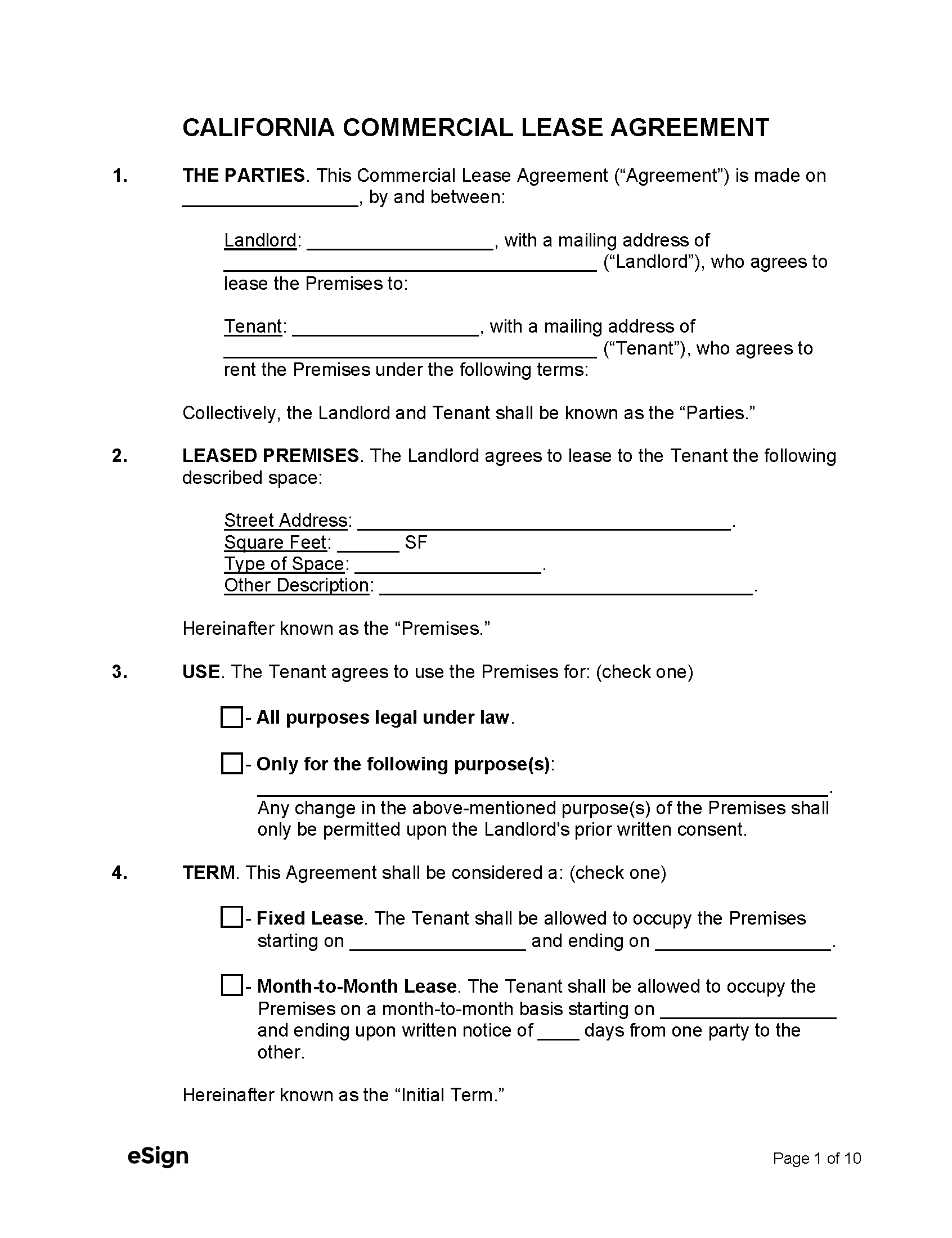Required Disclosures (5)
- Certified Access Specialist (CASp) (PDF) – The lease must mention if the property has been inspected by a Certified Access Specialist (CASp).[1] If it has, a copy of the CASp report must be provided to the tenant.[2]
- Right to Cancel – If a CASp report isn’t provided to the tenant at least 48 hours before the lease signing, they can cancel the rental agreement within 72 hours after its execution.[3]
- Inspection Certificate – If the property meets all accessibility standards, a copy of the inspection certificate must be delivered to the tenant along with the CASp report (if not provided already) within seven days of the lease signing.[4]
- No CASp Certificate (PDF) – A legal notice regarding the tenant’s right to a CASp inspection must be included in the lease if the property has not been issued a disability access inspection certificate.[5]
- Death on the Property – The tenant must be informed of any death on the property within the last three years, except if the death was due to HIV or AIDS-related complications.[6]
- Energy Use – If the property is larger than 50,000 square feet or is a multi-family building with 17 or more tenants who are billed directly for energy, the landlord must report energy use annually by June 1 and make the data available to the public.[7]
- Methamphetamine – If the property was contaminated by methamphetamine or fentanyl but has since been remediated, the remediation order must be given to the tenant.[8]
- Toxic Mold – If the landlord is responsible for maintenance and knows that the property contains mold levels beyond permissible limits, they must promptly notify tenants of this information.[9]
Realtor Version

Download: PDF

